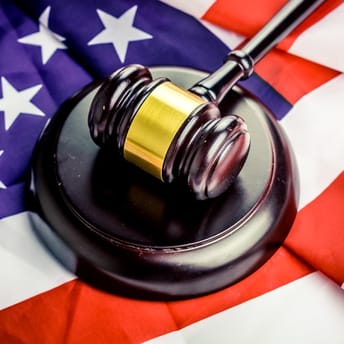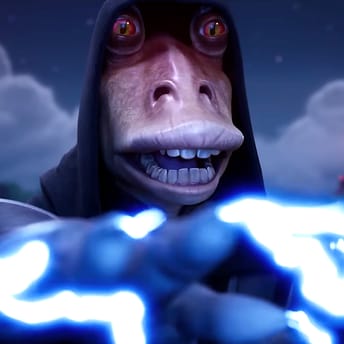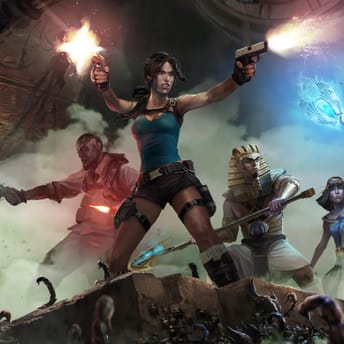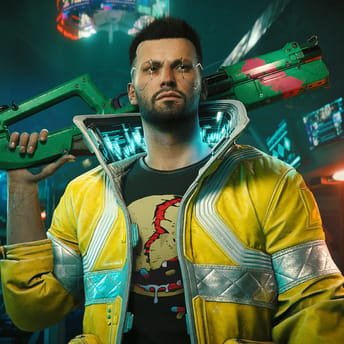Bandai Namco and Square Enix demand that OpenAI stop using their IPs to train Sora 2
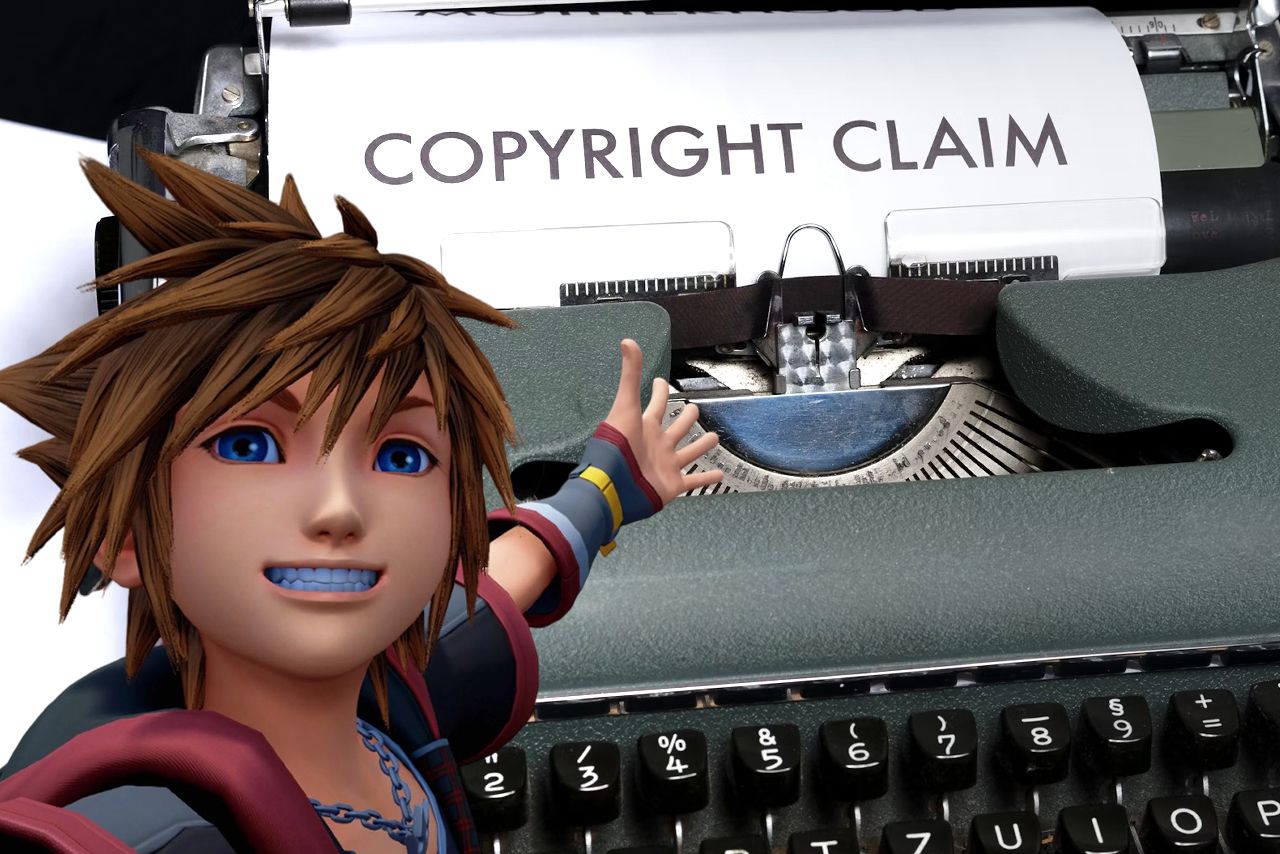
|
|
Key points
- Bandai Namco and Square Enix representatives demanded that OpenAI stop using the companies’ IPs for training Sora 2 without permission.
- The entity that issued the request to OpenAI represents 36 companies, 11 organizations, and 10 supporting members from Japan.
- Besides Bandai Namco and Square Enix the demanding side represents interest of such compnies as Studio Ghibli and Universal Music.
OpenAI was issued a written request regarding Sora 2 from the Japanese entity Content Overseas Distribution Association (CODA), which represents the interests of 36 companies, 11 organizations, and 10 supporting members, along with Bandai Namco, Square Enix, Studio Ghibli, Universal Music, and Sony Music Entertainment.
The request, dated Oct 27, 2025, advocates that the American artificial intelligence organization known for the GPT family of large language models, the DALL-E series of text-to-image models, and a text-to-video model named Sora cease training of the newest version of the latter, which was launched on Sept 30, 2025.
In its statement, CODA declared that it has confirmed that a significant portion of Sora 2’s output “closely resembles Japanese content or images,” attributing this to the use of Japanese content in its machine learning data without permission and noted that Sora 2’s reproduction of specific copyrighted material through machine learning could constitute copyright infringement.
Reportedly, OpenAI contacted several unnamed studios and talent agencies one week before Sora 2’s launch, offering them the ability to opt out. CODA’s statement acknowledges this opt-out system but emphasizes that “under Japan’s copyright system, prior permission is generally required for the use of copyrighted works, and there is no system allowing one to avoid liability for infringement through subsequent objections.”
CODA submitted two requests to OpenAI: first, that Sora 2 not use its members’ content for machine learning without their permission; and second, that OpenAI respond honestly and sincerely to all questions and concerns from CODA member companies regarding copyright issues related to Sora 2’s outputs.
